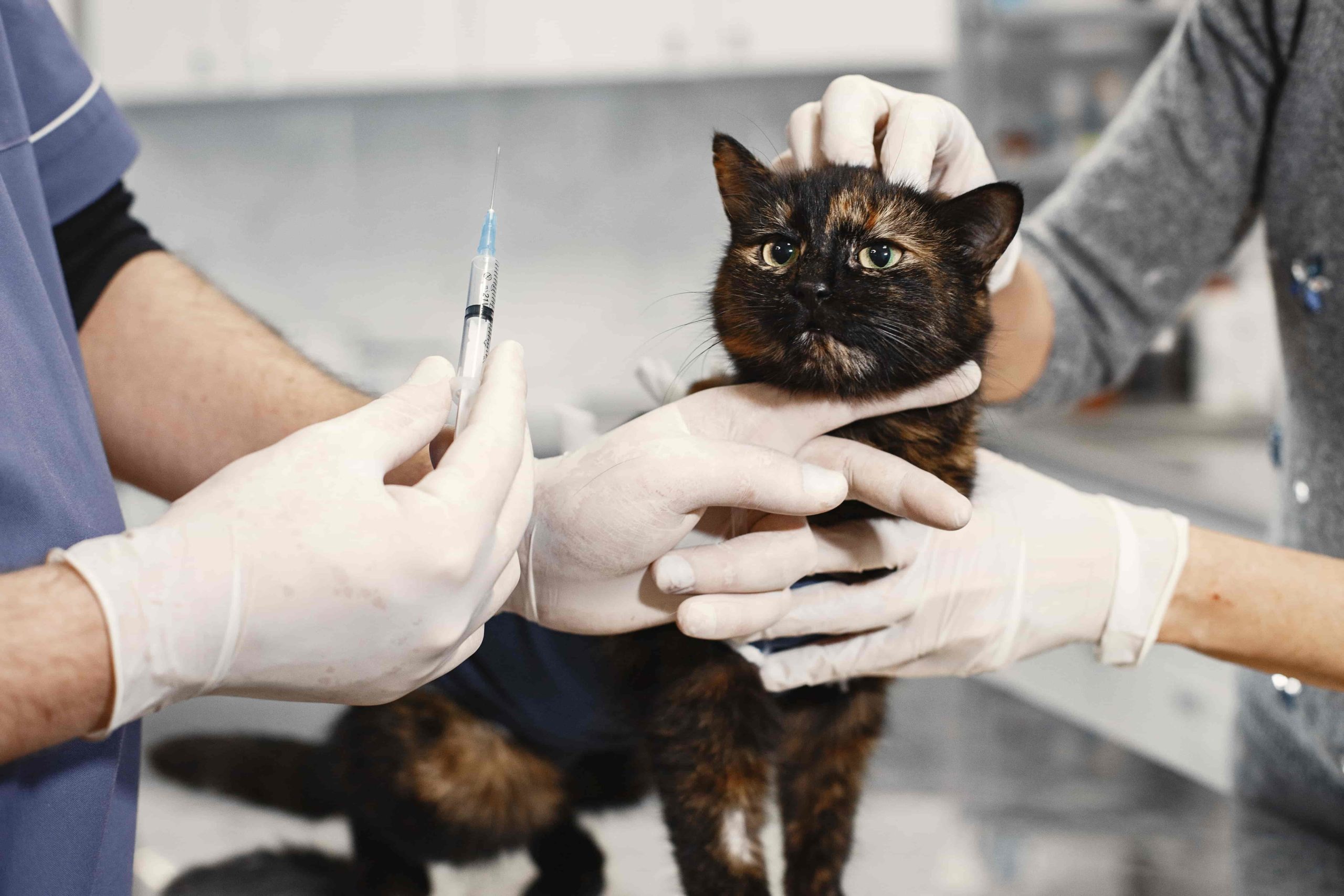The basics of meowing in cats
Exclusively among felines, meowing is an expressive form of communication that cats generally use to interact with humans. For them, meowing is a method of expressing a multitude of emotions and needs, whether it’s the desire for food, play, or the desire to go out. But meowing can also be a sign that something is wrong.
Remember that the intensity, frequency and tone of meows vary from cat to cat. Some are very vocal, while others are more reserved. It’s crucial to listen and observe your cat carefully to be able to attribute a precise meaning to its meows.
Why does my cat meow? Possible causes
Let’s start by remembering that meowing is a form of communication between cat and owner. These may be signals that he’s hungry, demanding attention or wants to play. However, if these reasons are ruled out and your cat continues to meow constantly, he may be suffering from health problems or stress. At this point, a veterinary consultation may be necessary.
Older cats, for example, are often prone to mental confusion or disorientation, which can lead to increased meowing, especially at night. In addition, various illnesses such as hyperthyroidism or kidney problems can also increase meowing.
Specific reasons for meowing based on your cat’s unique behavior
Just like humans, every cat has a unique personality that can be reflected in its meows. For example, if your cat meows at the window, he may be expressing a desire to explore the outdoors or to hunt. Or, if your cat meows when you get home, he might just say hello.
Some cat breeds are also more “talkative” than others. Siamese, for example, are particularly famous for having a lot to say! In other words, each cat’s specific meows depend largely on its individual character and preferences.
How do you respond when your cat meows?
Responding correctly to your cat when she meows is essential to strengthening your bond with her and meeting her needs. Making him meow louder and louder to get what he needs can frustrate him, disturb those around you or even cause him stress.
The secret lies in careful observation of your cat’s habits and reaction to your actions. To do this, pay attention to both the circumstances surrounding the meowing and the way your cat reacts when you answer his calls.
Deciphering feline language: a better understanding of your cat
Ultimately, meowing is your cat’s way of telling you what he needs or if he’s in distress. Sometimes, meowing can also mean that your cat is simply in the mood to “talk”. Whatever the reason, it’s clear that understanding why your cat meows is essential to maintaining and improving your relationship with him.
Remember that all cats are unique; the way they meow varies from cat to cat. So it’s crucial to adopt a patient approach and study your cat’s specific signals carefully. In the end, you’ll gradually be able to better understand his meows and be more in tune with his needs and desires.
Listening to your cat and adapting to its specific behavior will not only ensure smoother communication, but also a stronger, more rewarding relationship between you and your pet.





